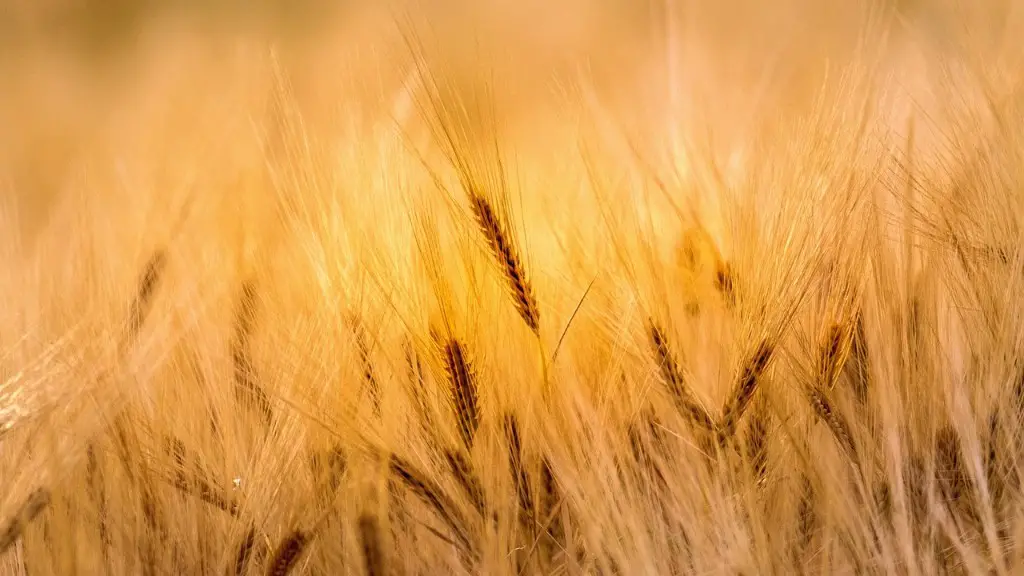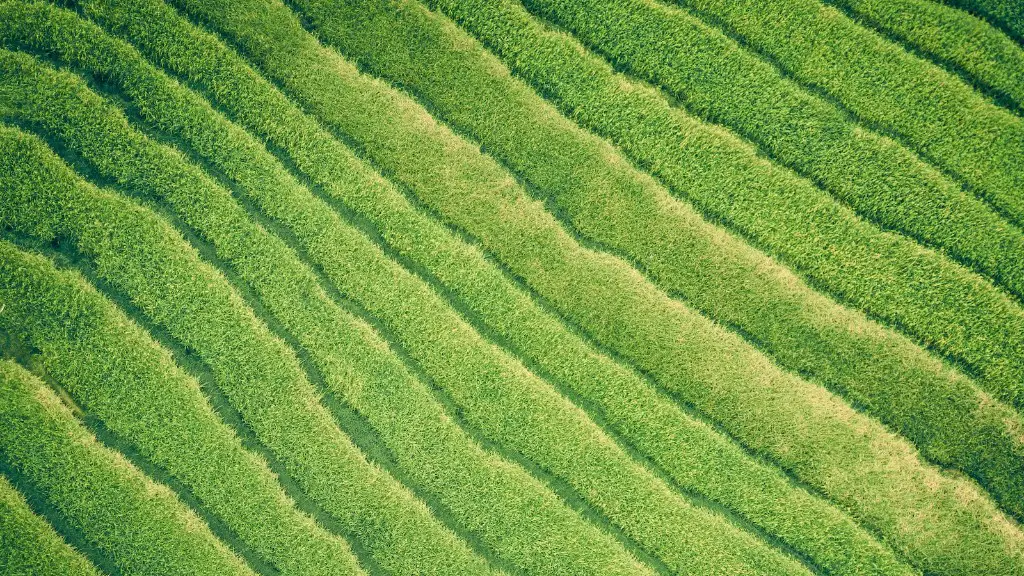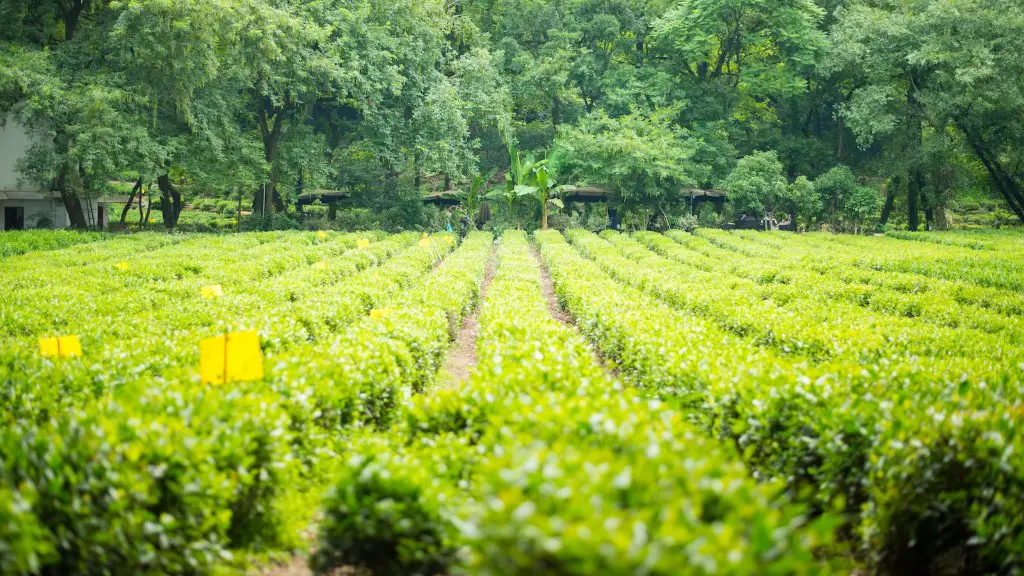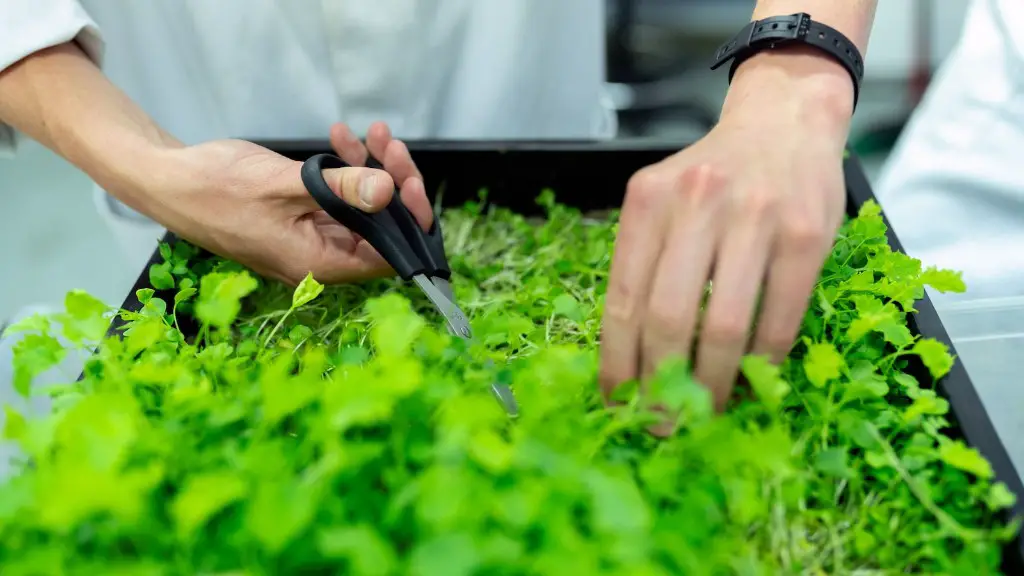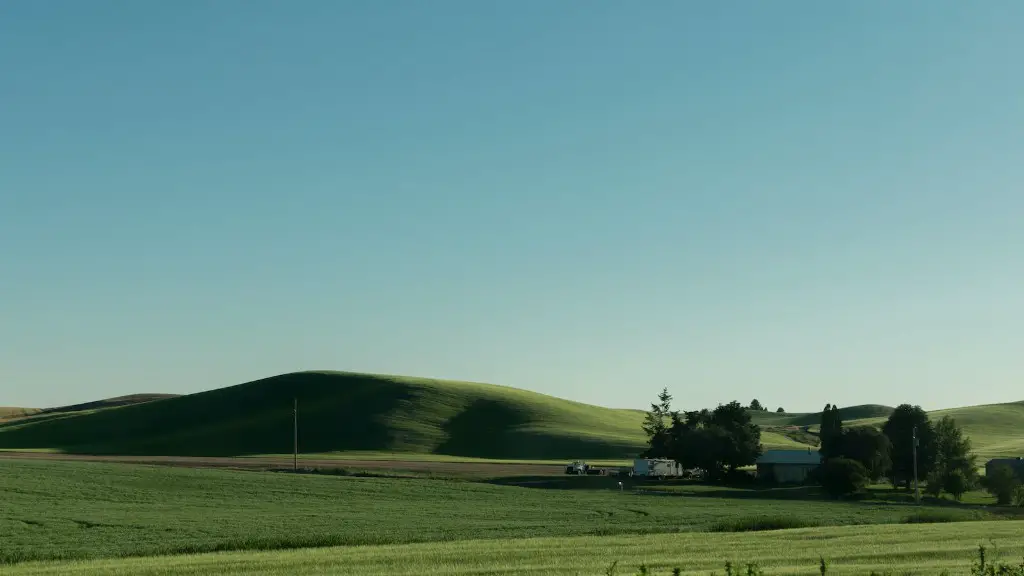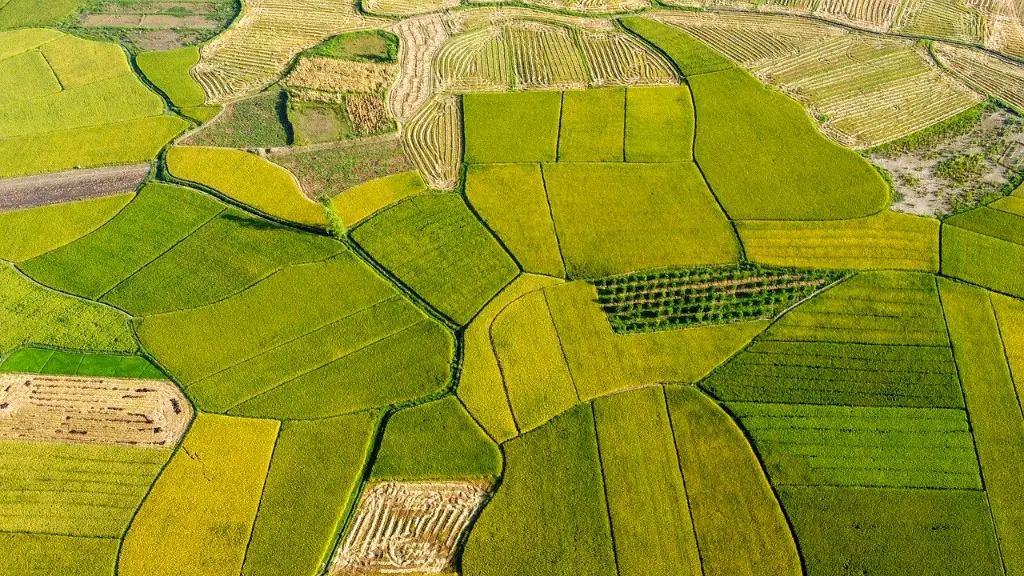Yes, organic agriculture is sustainable. It is a system of cultivation that doesn’t use synthetic (man-made) fertilizers, pesticides, or other chemicals.
Yes, organic agriculture is sustainable. It is a form of agriculture that uses natural processes to enhance crop production, rather than relying on synthetic inputs.
Is organic farming sustainable farming?
Organic farming is a more sustainable farming method than other conventional farming methods like crop rotations. Organic farms produce less pollution and synthetic fertilizers, pesticides, and other farming chemicals are harmful to the soil and can run off into the water supply.
Organic farming has a huge downside because it requires more land than conventional farming. This means that there is less land available for carbon sequestration, which can contribute to climate change. Organic farming also has a higher greenhouse gas impact than conventional farming, so it is not a sustainable option for the future.
Is organic agriculture better for the environment
Organic farming is a type of agriculture that relies on natural processes, rather than man-made inputs, to grow crops and raise livestock. This means that organic farmers avoid using synthetic fertilizers, pesticides, and herbicides, and instead rely on things like crop rotation, cover crops, and natural predators to keep their plants and animals healthy.
There are many benefits of organic farming for the environment. Because organic farmers avoid using synthetic chemicals, they help to reduce pollution and protect the soil from erosion. They also use less energy, since they don’t have to power farming equipment like tractors and combines. Eliminating the use of pesticides in farming also benefits nearby birds and animals, and people who live close to farms.
Overall, organic farming is better for the environment than conventional farming. It helps to reduce pollution and protect the soil, and it benefits the local ecosystem.
Organic farming has a number of disadvantages when compared to traditional farming methods. One of the biggest disadvantages is the lack of subsidies from the government. This means that organic farmers have to bear the entire cost of production, which can be quite high. Additionally, organic farmers may also use organic pesticides and other organic chemicals, which can be quite expensive. Another downside to organic farming is that it may not be truly organic at times. This is because organic farmers have to follow very strict guidelines in order to be certified as organic. This can be difficult to do, and there may be times when the farmer is not able to meet all of the requirements. Additionally, organic farming requires a lot of knowledge and expertise. This means that farmers need to be very well-informed about organic farming practices and the biology of plants in order to be successful. Finally, organic farming is generally more work than traditional farming. This is because farmers need to be constantly observing their crops and soil in order to ensure that they are using the best practices.
What is the most sustainable type of farming?
Organic agriculture is a sustainable farming method that focuses on using natural fertilizers and pest controls. This method enhances sustainability efforts by optimizing the energy and nutrient cycles in the agricultural ecosystem.
Organic food is not only healthier for us, but it is also more sustainable for the environment. Organic systems have been shown to produce higher yields in times of drought, use less energy, and release fewer carbon emissions than conventional farming methods. This is why it is so important to support organic farmers and businesses. When we purchase organic products, we are voting with our dollars for a more sustainable future.
What is the main problem with organic farming?
There are several reasons why organic food is more expensive than conventional food. First, farmers do not get as much out of their land as conventional farmers do. This is because they have to use more natural methods of farming, which are often more labor intensive. Second, production costs are higher because farmers need more workers. This is because organic farming is often more labor intensive than conventional farming. Finally, marketing and distribution is not as efficient because organic food is produced in smaller amounts.
Organic systems have lower land-use efficiency than conventional systems. This is because organic crop yields are lower than conventional yields on average. In addition, organic crop rotations typically include crops that are not suitable for human consumption. This means that more land is required to produce the same amount of food when using organic methods.
Why Is organic Overrated
A study from Stanford University found that organic food does not have a higher nutritional content than non-organic food. However, the significant environmental impact of pesticides makes organic food an important option in the produce aisle.
Organic farming has been shown to reduce greenhouse gas emissions, compared to traditional farming methods. This is due to the fact that organic farming prohibits the use of fossil fuel-based fertilizers and most synthetic pesticides. As a result, organic farming has a significantly lower carbon footprint.
Why organic farming is better than green revolution?
Organic farming is a type of agriculture where no chemical fertilizers are used on the soil and no pesticides are sprayed on the plants. The seeds used to produce plants have not been genetically altered. Organic farming follows the ideal that the way our great grandparents used to farm was safer, healthier for us and better for the environment.
Organic food is more expensive to buy than non-organic food. Many people believe that organic food does not allow the use of any chemicals. Contrary to popular opinion, organic food production does allow a limited number of chemicals to be used.
What are 3 challenges that organic farmers face
Organic farming has been on the rise in recent years as more and more consumers are interested in buying organic products. However, organic farming is not without its challenges. Farmers have to deal with time being a critical factor, pests wanting organic products, and a limited supply of organic food.
Time is Critical: Organic farmers have to be very careful about the timing of their planting and harvesting. They need to make sure that they are not too early or too late, as this can ruin their crops.
Pests Want your Organic Products too: Just because a product is organic does not mean that pests will not be attracted to it. Farmers have to be vigilant about pests and take measures to prevent them from ruining their crops.
It is Harder to Market Organic Products: Organic products can be harder to sell than non-organic products. This is because organic products are often more expensive and there is a limited supply. Farmers have to make sure that they are marketing their products well in order to attract buyers.
Limited Supply of Organic Food: One of the biggest challenges facing organic farmers is the limited supply of organic food. Because organic food is in high demand, farmers have to struggle to keep up with the demand. This can be a challenge, but
Organic farming has become an essential tool when moving towards the future era to decrease the adverse effect of burning crops and global warming. Conventional agricultural practices involve the use of chemical fertilizers and pesticides to meet the challenges of agriculture. These chemicals not only pollute the environment but also have an adverse effect on human health. Organic farming is a method of farming that does not use any synthetic chemicals and focuses on using natural processes to enhance crop growth.
What are 3 types of sustainable agriculture?
There are many sustainable agriculture methods and farming practices available to farmers today. Permaculture is one such approach that focuses on creating a sustainable and self-sufficient ecosystem. Biodynamic farming is another sustainable farming practice that emphasizes the use of natural materials and working with the rhythms of nature. Hydroponics and aquaponics are two sustainable methods of growing food that use little to no soil. Urban agriculture is a type of agriculture that utilizes vacant lots or other underutilized spaces in cities to grow food. Agroforestry is a sustainable land management system that integrates trees and crops. Food forests are sustainable agricultural systems that mimic natural ecosystems.
There are some disadvantages to sustainable farming, such as limited land use, shorter shelf life, and the need for more labor to revive soil fertility. However, these disadvantages are outweighed by the many benefits of sustainable agriculture, such as improved soil health, increased biodiversity, and greater water conservation.
Final Words
There is a great deal of debate on the topic of organic agriculture and sustainability. Some people argue that organic agriculture is not sustainable because it is not efficient enough to feed the world’s population. Others argue that organic agriculture is more sustainable than conventional agriculture because it relies on methods that are less damaging to the environment. There is no definitive answer to this question, and it is likely that different people will have different opinions on the matter.
Organic agriculture is a sustainable way of farming that does not use synthetic pesticides or fertilizers, and instead relies on methods such as crop rotation, composting, and biological pest control. Organic agriculture also promotes the use of renewable resources, such as solar power, to help reduce the farming’s reliance on fossil fuels.
